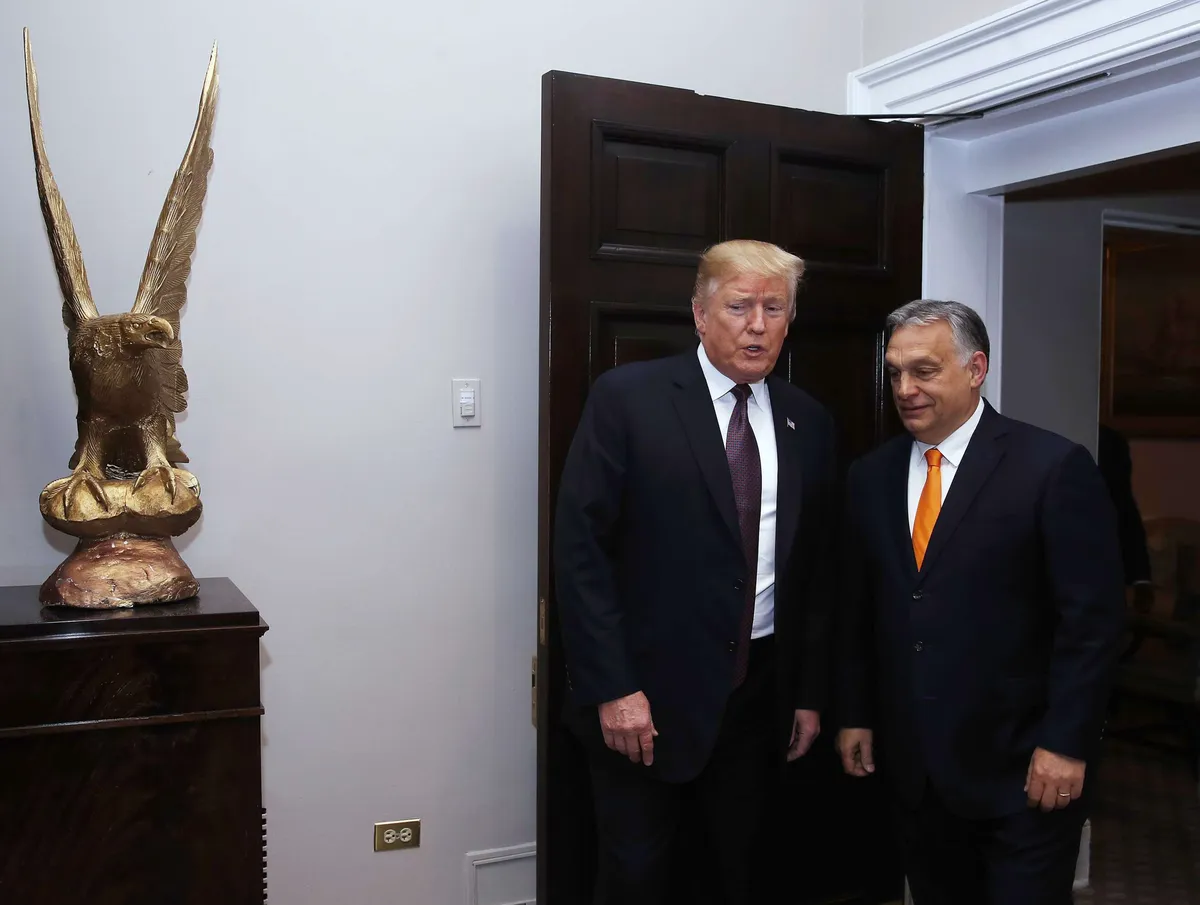Hungary’s relationships with the United States and other EU countries have been challenging in recent years, affecting its economy. In March, Hungary celebrated the 25th anniversary of joining the defense alliance NATO, but Prime Minister Viktor Orban was absent from the celebration. According to the American ambassador in his speech, Hungary joined NATO due to its commitment to democracy and the Western alliance.
While tensions with the U.S. remain a source of economic uncertainty for Hungary, recent reports suggest that other EU countries are also unhappy with its government. A professor from Corvin University in Budapest observed that this tension could have repercussions on Hungary’s economy and its relations with the EU.
Hungary has increasingly turned its focus towards the East, leading to a decline in trust from Western investors such as Germany, which was previously a significant investor in Hungary. Some Western investors have reported facing challenges in Hungary, although the exact nature of these obstacles varies. Meanwhile, Chinese investments in Hungary have introduced a new level of secrecy, further complicating the business climate.
Despite these challenges, Hungary continues to attract foreign investments albeit in a different manner than before. Western companies have adapted to the changing environment, although there are concerns about additional taxes imposed on foreign companies. Overall, while Hungary’s antagonistic stance towards the U.S., and EU countries has not significantly impacted the business sector, potential implications on the economy and foreign investments remain a source of concern for experts and investors alike.
In conclusion, relations between Hungary and other countries continue to be strained due to various factors such as political ideology and economic interests. While some challenges persist for foreign investors looking to do business in Hungary, others see opportunities for growth despite tensions with key partners like Germany and China.
Overall, it is important for businesses operating in Europe to stay informed about political developments and economic trends across different countries in order to make informed decisions about where they invest their resources and build partnerships.


